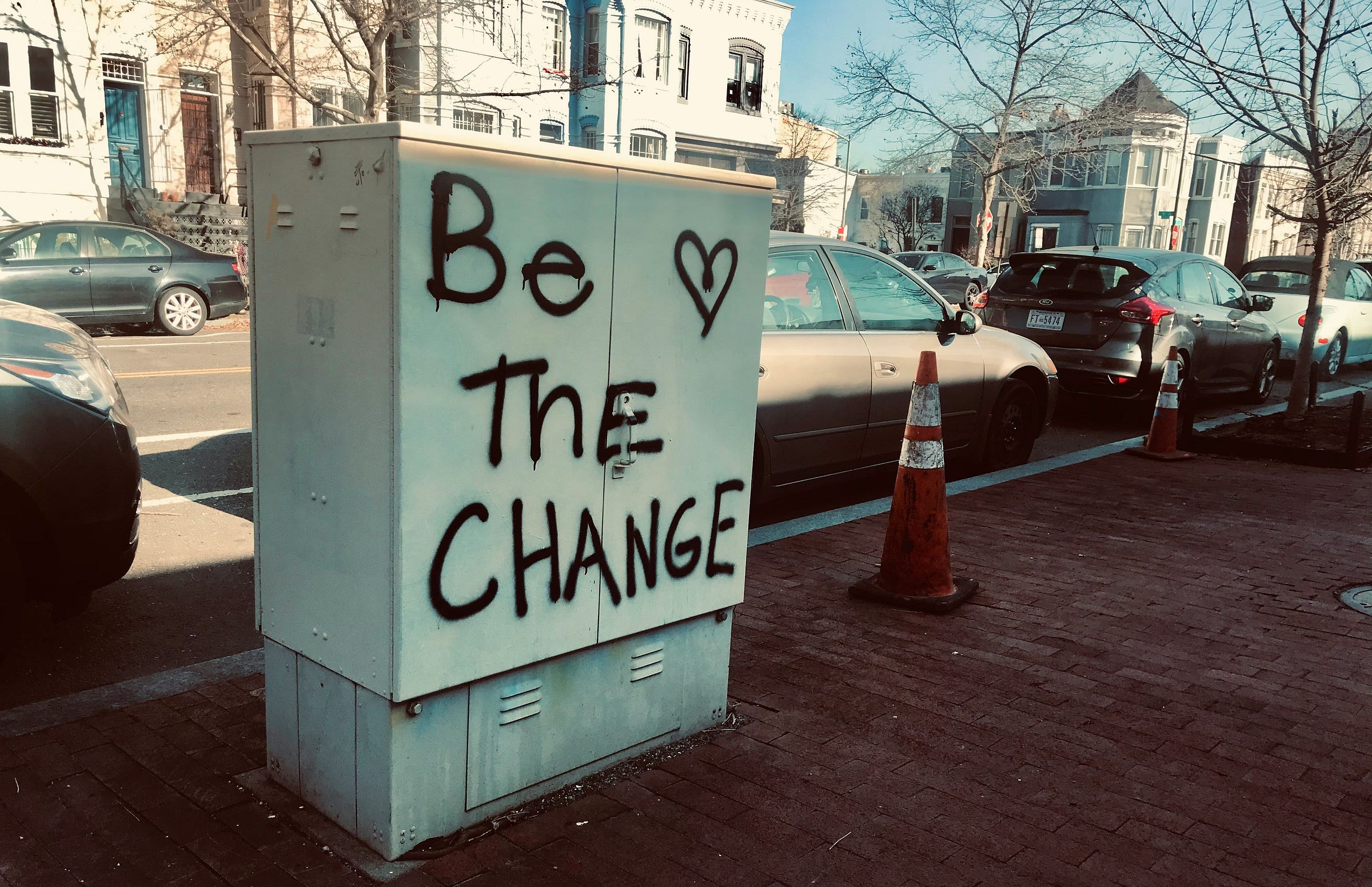How to Make Your Voice Matter More
Writing for A Public Witness is an immense privilege. There are thousands of people willing to consider my hopefully coherent thoughts about how religion and politics intersect or about what it means to be a faithful Christian in our times. It’s a sizable platform that many would relish and not one that I (or any of our writers) take for granted.
Still, our audience pales in comparison to the tens of millions of followers that President-elect Donald Trump enjoys on X, let alone the hundreds of millions that Elon Musk reaches on that same platform. While the $44 billion Musk paid for the social media site two years ago seemed excessive at the time, his ability to influence political debates, advance favored narratives, and sow chaos through the platform is hard to value. What’s clear is that Musk enjoys greater sway in our public life due to the amount of money he has and the audience he can reach.
Musk is far from alone. The wealthiest in our society continue to curry favor with politicians and are buying up institutions that determine the information we consume. To name just one obvious example, Jeff Bezos is simultaneously influencing the editorial decisions at the newspaper he owns, donating large sums of money to support Trump’s inauguration, and leading companies that spend millions of dollars lobbying the government in order to receive billions in federal contracts.
There’s a reason political scientists are starting to openly call the United States an oligarchy. The ability of money to buy access and clout is out in the open. Trump is assembling the wealthiest administration in history, with billionaires nominated to cabinet posts, leadership of military branches, vague White House positions, and plum ambassadorships.
Given this reality, it’s tempting to believe our voices don’t matter. And it’s easy to resign ourselves to the fatalism that others are in charge of our lives. There’s no way to deny the discrepancy in power between the few and the many.
But I don’t think despair is our only option. Indeed, I think it’s the worst possible choice because it accepts the status quo as permanent. We have more agency than we realize. The only debate is whether we will use it to alter our circumstances. We have our voices. Now, more than ever, we must make ourselves heard.
In this season of New Year’s resolutions, here are four ways you can leverage your voice to make a difference. None of these options represent a panacea for curing the ills of our democracy. The work certainly won’t be easy, but all of it can be meaningful and impactful. Taken together, our collective efforts can affect the balance of power in our society.
1. Contact and meet with the people who actually represent you. This one is super basic, but often wrongly utilized. We all have elected officials in Washington, our state capital, and even our local city hall tasked with representing our interests in government. You should write them regularly (I do!) and let them know where you stand. At the federal level there’s no expectation that a senator is going to read every email from a constituent, but someone on their staff will and the office tracks the overall feedback trends they’re receiving (what issues are generating the most interest, what side people are taking, etc.).
Set aside time to regularly share your thoughts with those elected to service you. Be courteous in your communication, keep it relatively brief, and avoid form letters that will be quickly dismissed by the staff. Here’s how to find your congressional representative and senator’s contact forms.
If feasible, don’t limit your interaction to email. Go meet with your city council member, state legislator, or the district staff of your federal representatives. Even better, organize a small group of their constituents and request a meeting together, demonstrating the passion for an issue and the power you have to organize in response to it.
2. Organize a book group or educational opportunity. One of the biggest challenges of this moment is that we’re only talking to people who agree with us, which means most of us live in information silos where we never hear competing arguments or conflicting viewpoints that might sharpen our own perspective.
Get people together from your church, neighborhood, rotary club, parents from youth sports, or wherever you gather with others. Don’t look at this as an exercise in winning an argument, but make it about cultivating a conversation based on quality information. Scholars of “deliberative democracy” have shown us that when we can agree upon and reason from the same set of facts, consensus becomes obtainable.
From cable news to social media, our political discussions have become alarmingly shallow. This is a great way to push back against the lack of depth in our discourse, while bringing people together across divides. If you decide to do something on a larger scale (like a community forum or outside speaker), make sure you set ground rules and hold people accountable to them so that your event doesn’t get taken over by the loudest voices in the room.
Whether it’s a book club meeting via Zoom with people from across your state or a dinner party that involves people on your block, there’s a lot of power right now in fostering better conversation.
3. Share your perspective with a broader audience. Generally, rants on Facebook change very little. Yet, this last election provided more evidence that our fractured media landscape has left a vacuum that is being filled by podcast hosts and social media influencers. More and more people are launching Substacks (here at A Public Witness, we were well ahead of the curve) so they can talk directly to people.
There’s a valuable authenticity in this direct communication. The low barrier to entry also means that quality control is a major problem and misinformation is everywhere. If you’re motivated to do it well, then consider trying to consistently produce content in some form. (Hint: It’s easier when you do it with a group under the same banner than trying to do it on your own.) If that feels like too heavy a lift but you have something to say from time to time, then send your draft pieces to us (contact our digital editor, Jeremy Fuzy, at [email protected]). We’re always looking for interesting and intelligent Christian takes on how faith is unfolding in our world.
4. Fund good journalism. Since the election, I’ve renewed three subscriptions that are important to my media diet and started a new one with an outlet that I’ve always admired but never supported with my dollars. If the other three options are too big a lift right now, then use your financial resources to help amplify the voices of others who are shaping our public discourse in responsible and valuable ways. Of course, we think that starts with a paid subscription to A Public Witness, but there are many other outlets worthy of your support as well.
These suggestions might seem like drops in a bucket, but if we all do a little then a lot happens and pretty soon the bucket is filling up. Indeed, effective mass social movements start by connecting people and building power from the bottom up. That’s the challenge and the opportunity of this moment. Let’s make our voices heard because in a democracy every voice matters, and right now every voice isn’t being equally considered.
As a public witness,
Beau Underwood





Beau: Thanks for a most practical article. Excellent suggestions for how our individual voices can be heard, and significant actions taken. Let us remember: “The only thing necessary for the triumph of evil is for good men to do nothing,” NOTE: This is not an Edmund Burke quote, to the best of my knowledge the author/originator is unknown.
Thank you for this advice that is a breath of sanity amid all the clamor, misinformation, cynicism and hopeless thinking that circulates these days.